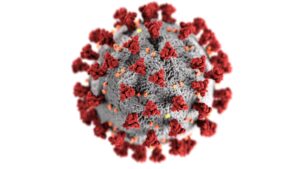Neurotransmitters play an important role in brain health. They are chemical messengers that enable us to think and act. They have a dominant impact on mood, focus, concentration, anxiety, obsessions and mental well-being. In order to understand depression disorders, it is important to know these key takeaways:
- Serotonin, dopamine, norepinephrine and other key neurotransmitters are chemical messengers that enable brain cells to communicate with each other.
- Good mental health requires proper neurotransmitter activity.
- Imbalances such as severe overloads or deficiencies of specific minerals, vitamins, amino acids can significantly alter this activity in the brain and lead to depressive symptoms.
- Mensah Medical’s individualized and targeted nutrient therapy will normalize neurotransmitter synthesis and synaptic activity. This nutritional therapy is a safe, natural and effective drug-free alternative to prescription medications.
Most experts have regarded depression as a single condition with variations along a central theme – low activity at serotonin receptors. The new DSM-5 classifies mood and anxiety disorders as separate conditions. Researcher and author William J. Walsh, PhD, President of Walsh Research Institute, examined over 300,000 chemical analyses of blood and urine and identified five chemical biotypes of clinical depression. Each of these biotypes are separate conditions involving unique biochemistry and require separate treatment. These are: undermethylation, overmethylation, copper overload, pyrrole disorder and metal toxicity depression.



